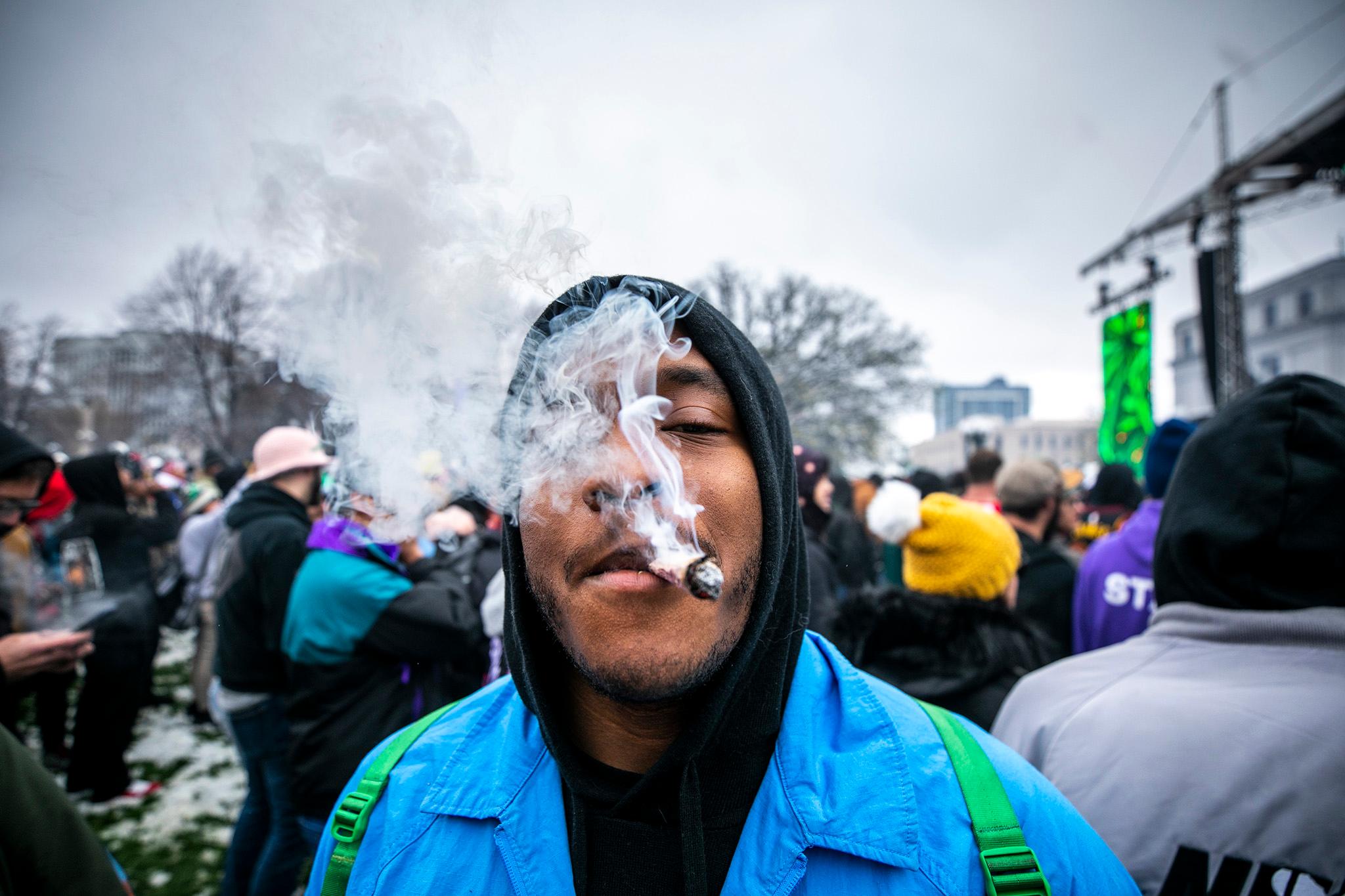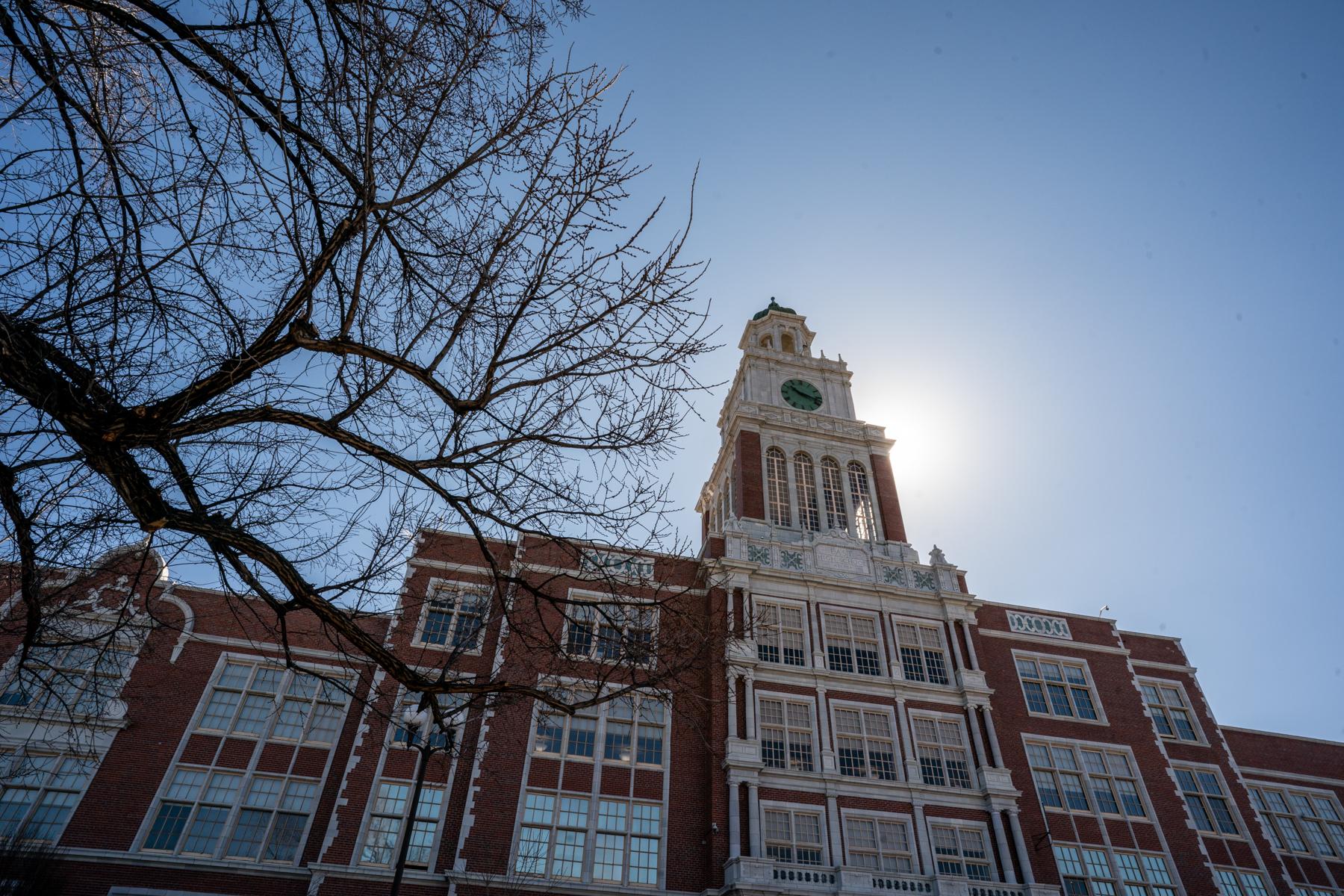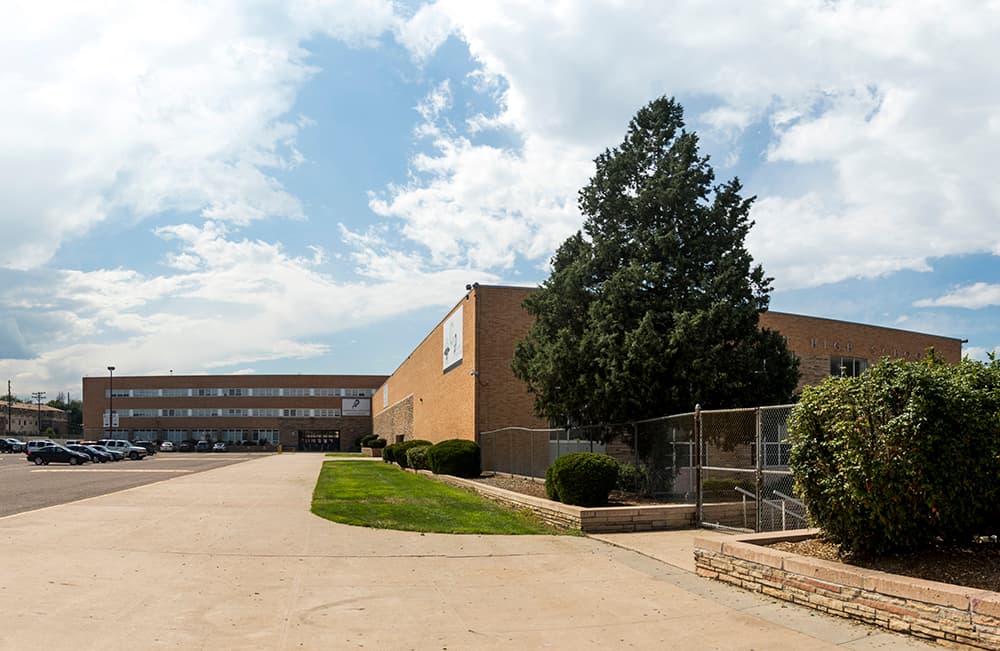Marijuana revenue from licensing fees and sales taxes declined in Denver last year for the third year in a row.
Sales are down by a third since the pandemic peak. The city collected $48.1 million in cannabis-related taxes and fees in 2023, compared to the city’s record of $72.6 million in 2021, according to the city’s annual marijuana report released last week.
The number of medical marijuana stores also decreased in Denver for the eighth year in a row. That’s because the medical market lost customers after Colorado legalized recreational marijuana in 2014.
But the decline has come for recreational marijuana, too, in recent years.
In the decade since Colorado became the first state to legalize recreational marijuana, a number of other states have followed suit. Dispensaries have grown across the state and country — Denver is no longer the epicenter of legal weed. Colorado and other states have also faced a supply surplus in recent years.
Eric Escudero, spokesperson for the Denver Department of Excise and Licenses, thinks the high cost of living might be cutting into people’s weed budgets. But the spread of legalization to other states has not helped the city’s marijuana market, either.
“Less people are coming to Denver to purchase and consume marijuana with legalization spreading across the United States,” he wrote in an email. “Ten-plus years after legalized sales began in Denver, there are not the same number of customers, which has made it a very challenging time for the industry.”
The annual report also found low levels of crime tied to marijuana.
That’s something opponents worried about when Colorado legalized cannabis ten years ago.
But in 2023, crimes related to marijuana made up two-tenths of a percent of total crime in the city. Marijuana burglaries dropped from 156 in 2022 to 98 in 2023.
Meanwhile, just 266 pounds of illegal marijuana was confiscated, compared to 2,435 pounds the year before — though it's unclear why there’s been such a big drop. Denver Police Department didn’t immediately respond to a request for comment.
One stat did go up: Illegal public displays and consumption of marijuana more than tripled compared to 2022, from 26 citations to 89 citations.
The continued marijuana revenue decline doesn’t just affect its own industry.
The tax revenue goes toward a number of city services.
Last year, $7.95 million went to homelessness services, $7.53 million went to affordable housing, $3.32 million went to youth education programs and $3.73 million went to a fund that supports minority-owned startups.
Earlier this year the city instituted budget cuts, largely due to Denver’s expensive migrant response. But officials have warned of softening sales tax revenue across the board in recent months, including from marijuana.
How continued marijuana revenue decreases will affect the city is unclear. Mayor Mike Johnston is expected to release his 2025 budget later this month.











